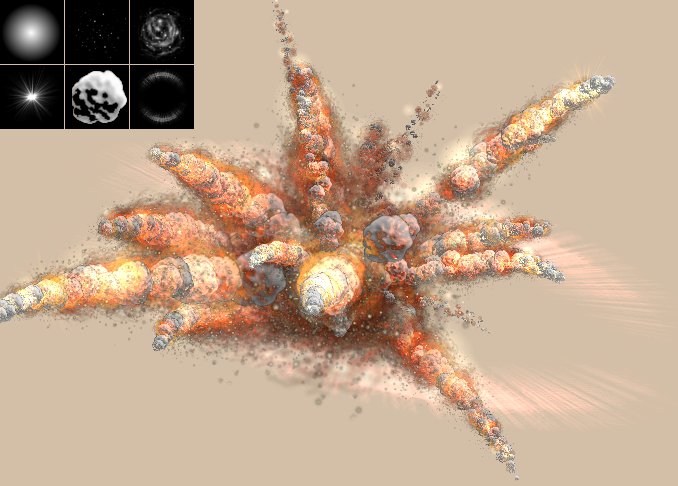An interesting thing that came from some analysis is: That it is possible to create computer circuits that produce a very complex computational result by their integral decomposition. The principle is very much like a controlled explosion and computational power can be extended by many orders of magnitude. In a world of automated assembly and computation being dependent on power, it makes some sense to create a computer that explodes an answer.
I does seem that it can solve TSP at some very complex levels. It seems very destructive, but if the material can be recycled in the case of a liquid computer, then it creates a completely new type of technology. I have made some of these circuits and they function at computational levels better than the equivalent atomic computer. I have built several liquid computers and it is possible to make a liquid computer that explodes and answer and then heals in a certain recovery time. It is better for circuits that are manufactured for use in space as they are naturally RAD-hard by being self healing. I wouldn't use a circuit of silicon in any space craft or off world exploration as the manufacturing technology is too complex. Liquid computers can be synergistic with bio-films and biological implementation. I think that all the raw material for a liquid computer exist on Mars as well as the moon and could be harvested and assembled with a suitable biotech.
The idea that CAM ( CACHE ) can serve to perform an indexed data look up in .7c times the scale of computation is a similar process, though non-destructive. An interesting association is this course CS 5643 at Cornell.
The methods and programming are reminiscent of using a Cray ballistic computer. It is more like a single purpose computational element as it is completely designed and programmed by its 3 and 4D structure. It is like an FPGA but it is not actually re-programmable in the software sense. The current computer methods have some scaling limitations and though they have been very effective in transition, it seems the future technology will bear no resemblance to systematic programmable logic.
Quantum dots and many other complex technologies can do these types of things, but complexity and cost of production is the real issue. It doesn't make sense to design a computer that requires an entire intact civilization to be produced. The number of dependencies rises each day and the more complex the system, the easier it is to topple. It reminds me a bit of the Tower of Babel in a technology sense. It certainly is getting higher, but each additional extension comes at a cost to the underlying structure and there is a geometric limit to process, as well as pyramids.




1 comments:
well we all learn from our succession of deaths, there are always solutions that can be applied to the future.
Nice to see that your blog is flowering.
I was doing only the french blog thing for a while,and I thought I would look you up.
Every time I click on physics your name seems to come up now what is the probability of that occuring.
anyway never mind that is a rhetorical question.It is too late in the evening to have a bunch of formulas hurled at me.
I can't remember who I was actually when I last talked to you. I am crederae now.
remember me?
see you again.
kiss.
Post a Comment